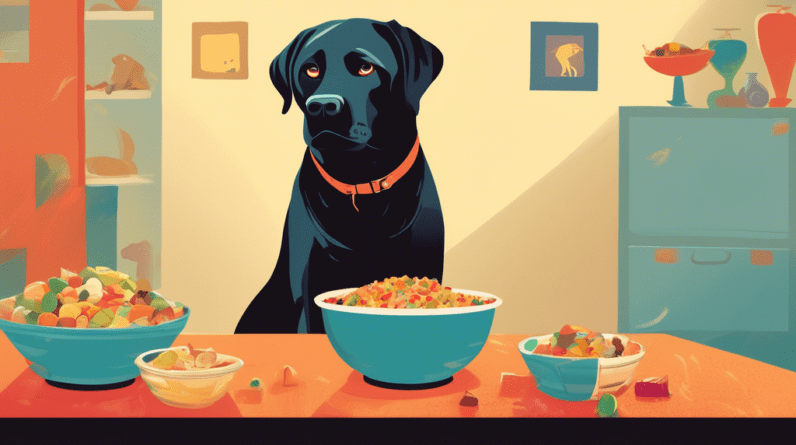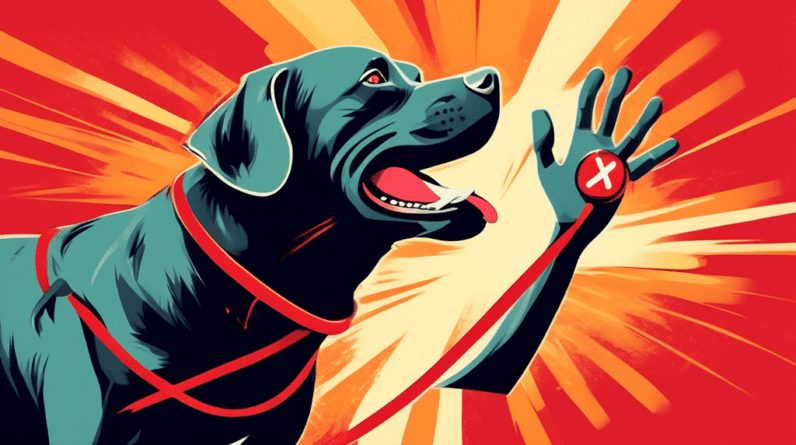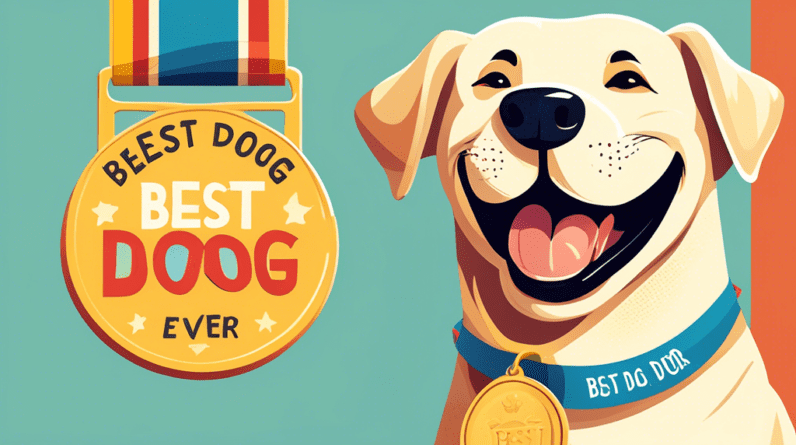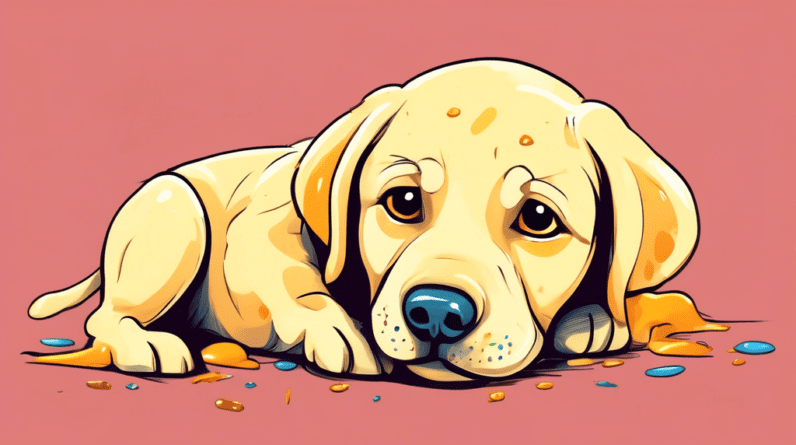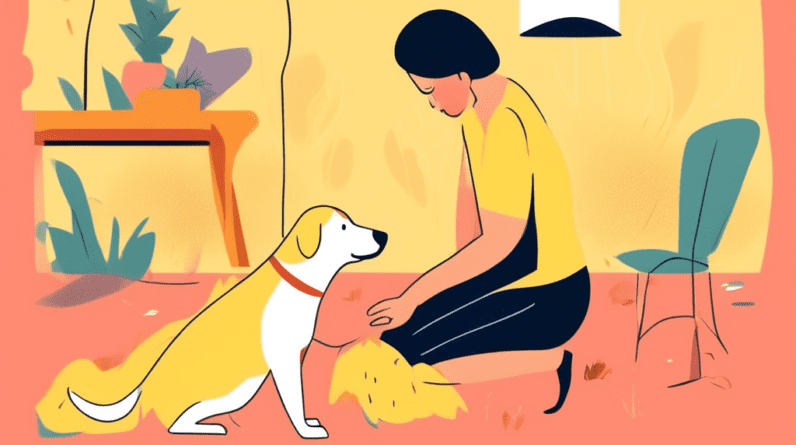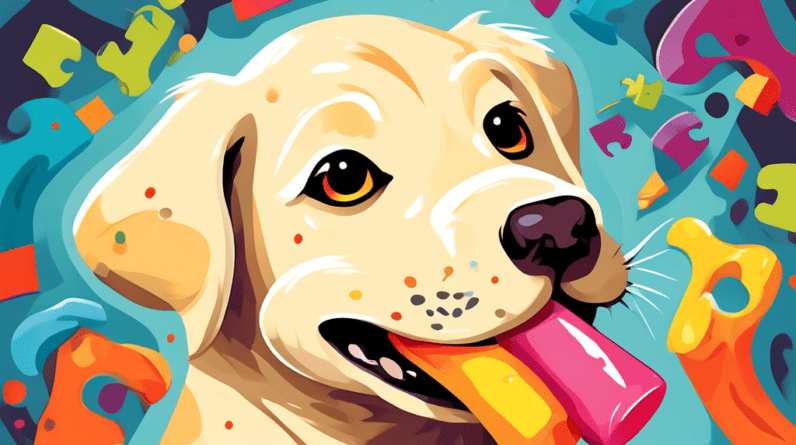
Why Do Labrador Puppies Bite? Behavior Insights
Labrador Retrievers, renowned for their friendly nature and playful personalities, are one of the most beloved dog breeds globally. However, like all puppies, Labs go through a nippy phase that can leave owners bewildered and sometimes even a little exasperated. Understanding why your Labrador puppy bites is key to curbing this behavior and ensuring a harmonious relationship.
Teething Troubles: A Natural Phase
One of the primary reasons behind puppy biting, regardless of breed, is teething. Between the ages of 3 and 6 months, Labrador puppies experience discomfort and pain as their sharp baby teeth emerge and are replaced by adult teeth. This process can make their gums itchy and sore, prompting them to gnaw and bite on anything within reach for relief. Think of it like a human baby’s need to chew on teething toys.
Exploring the World Through Mouths
Puppies, much like human babies, explore the world through their mouths. They use their mouths to investigate textures, shapes, and even tastes. This oral exploration extends to interactions with their littermates, parents, and eventually, their human families. While adult dogs learn to inhibit their bite force during play, puppies haven’t yet mastered this skill. Consequently, their playful nips can feel quite sharp.
Communication and Socialization
Biting plays a crucial role in canine communication and socialization. In their litter, puppies use nips, bites, and playful mouthing to establish dominance hierarchies and learn bite inhibition. If a puppy bites too hard, their littermates will yelp or stop playing, teaching the biter that excessive force is unacceptable. Through this process, puppies learn to control the pressure of their jaws during play.
Attention-Seeking Tactics
Puppies are incredibly social animals and crave attention from their humans. If your Labrador puppy feels ignored or bored, they might resort to biting to get your attention, even if it’s negative attention. It’s essential to remember that even scolding can be perceived as attention by a puppy desperate for interaction.
Excitement and Overarousal
Labradors are known for their exuberance and enthusiasm, which can sometimes translate into overexcitement, particularly in puppyhood. When overly stimulated, whether during playtime, greetings, or walks, a Labrador puppy might bite out of sheer excitement and inability to control their impulses.
Curbing the Biting Behavior: Effective Strategies
While biting is a natural behavior for Labrador puppies, it’s crucial to address it early on to prevent it from becoming a persistent problem. Here are some effective strategies to curb biting:
1. Redirect with Appropriate Chew Toys
Keep a variety of puppy-safe chew toys on hand and offer them to your Labrador as soon as they start nipping. Choose toys with different textures and shapes to keep your puppy engaged and provide relief from teething discomfort. When your puppy bites on a toy, praise them enthusiastically to reinforce the positive behavior.
2. Teach Bite Inhibition
Bite inhibition is the process of teaching your puppy to control the force of their bite. During playtime, if your Labrador puppy bites too hard, yelp loudly in a high-pitched voice, as if you’re hurt. This mimics the reaction of their littermates and will startle your puppy, causing them to stop biting. Immediately disengage from play for a short period (30 seconds to a minute) to further reinforce that biting leads to the end of the fun.
3. Socialization is Key
Early and ongoing socialization is crucial for Labrador puppies to develop appropriate social skills. Enroll your puppy in a reputable puppy kindergarten class where they can interact with other pups of similar age and vaccination status. Supervised playdates with well-mannered adult dogs can also help your Labrador learn bite inhibition and appropriate social cues.
4. Positive Reinforcement
Positive reinforcement is a powerful tool in shaping desirable behaviors. When your Labrador puppy interacts with you gently without biting, reward them with praise, treats, or a quick game. This positive association will encourage your puppy to repeat the desired behavior.
5. Address Teething Discomfort
If your Labrador puppy is teething, provide them with safe and soothing options for relief. Frozen carrots, Kongs filled with frozen peanut butter, or ice cubes wrapped in a washcloth can help numb sore gums. Always supervise your puppy when they’re chewing on anything frozen to prevent choking hazards.
6. Manage Excitement Levels
Labradors are energetic dogs that thrive on activity, but it’s important to manage their excitement levels, especially during puppyhood. Keep greetings calm and avoid overwhelming your puppy with too much stimulation. If your Labrador puppy gets overexcited during playtime, take a break and allow them to calm down before resuming.
7. Seek Professional Guidance
If your Labrador puppy’s biting behavior persists despite your best efforts or if you’re feeling overwhelmed, don’t hesitate to seek professional guidance from a certified dog trainer or veterinary behaviorist. They can assess your puppy’s behavior, identify any underlying issues, and provide you with a tailored training plan.
Patience and Consistency: The Keys to Success
Remember, training a puppy takes time, patience, and consistency. Your Labrador puppy is not biting out of malice but rather due to a lack of understanding of appropriate behavior. By providing clear guidance, positive reinforcement, and a nurturing environment, you can help your Labrador puppy grow into a well-adjusted, well-mannered companion.

